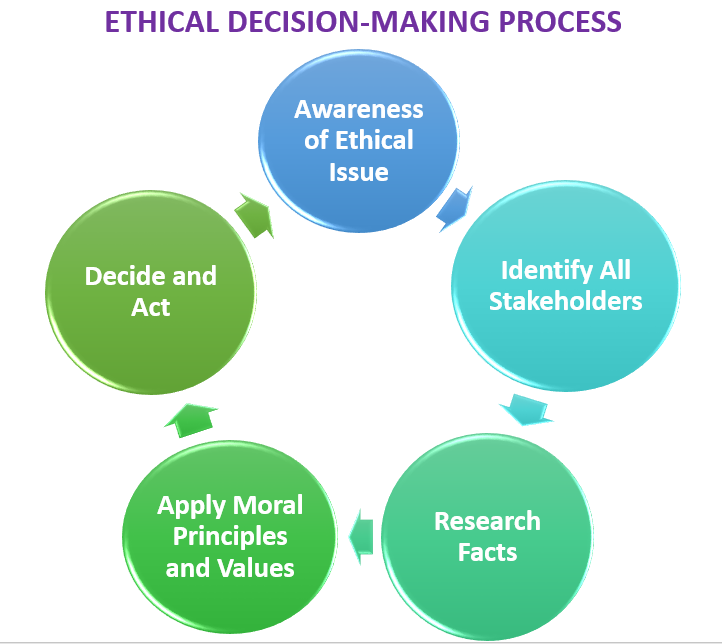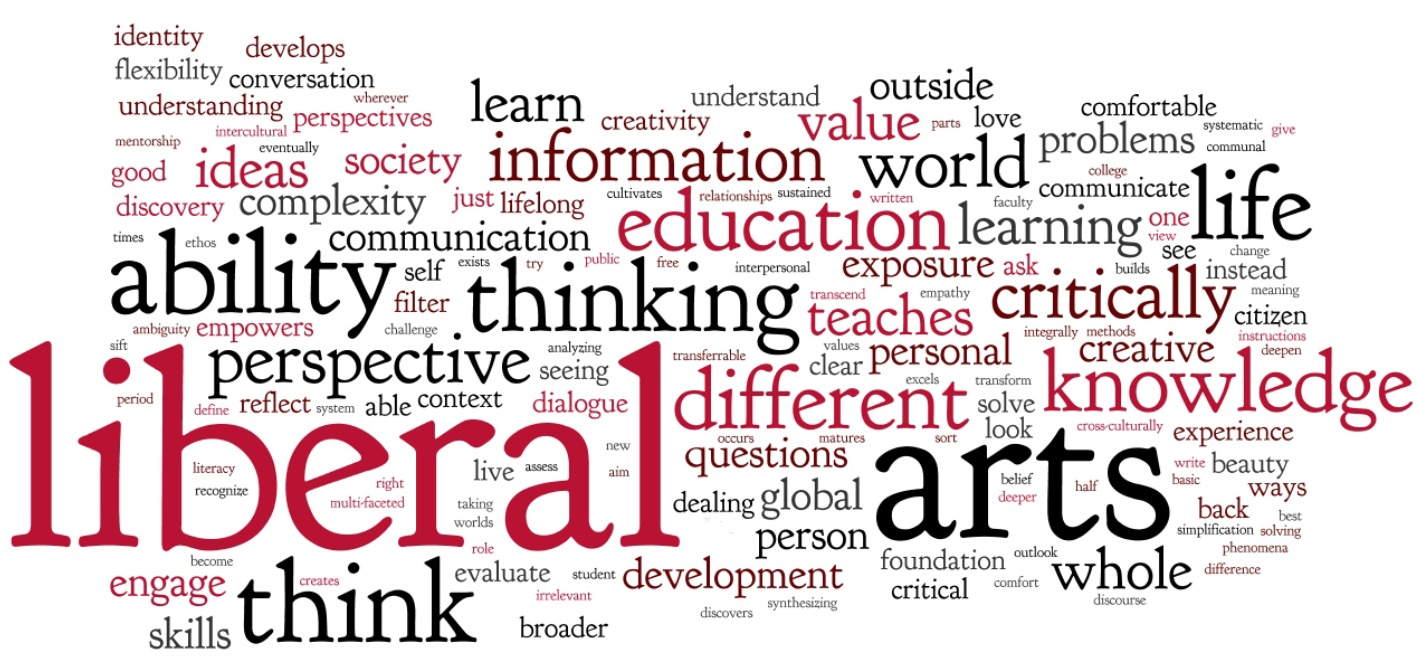In today’s business landscape, navigating ethical challenges has become a critical aspect of executive decision-making, particularly when tackling complex ethical issues. Business ethics decision-making is increasingly vital for leaders who must balance profitability with a commitment to social responsibility. With notable cases like Sam Bankman-Fried and Elizabeth Holmes making headlines, the stakes have never been higher for organizations that neglect ethical considerations. Joseph Badaracco, a prominent figure in business ethics strategies, emphasizes the importance of thoughtful analysis and reflection in decision-making processes. By cultivating a strong foundation in ethical decision-making, business leaders can foster trust and integrity in their organizations while avoiding the pitfalls of unethical practices.
In the field of corporate governance, ethical judgment is essential for ensuring sustainable practices and responsible management. As professionals grapple with moral dilemmas and regulatory demands, the concept of ethical leadership takes center stage, particularly in the wake of public scandals. The importance of moral reasoning for decision-makers cannot be overstated, especially as they confront intricate relationships with various stakeholders. Understanding the landscape of ethical considerations not only aids in making informed choices but also enhances overall corporate integrity. As organizations adapt to a rapidly changing environment, fostering a culture of ethical awareness becomes a cornerstone of effective management.
Understanding Business Ethics Today
Business ethics has evolved significantly over the last few decades, shifting from a traditional focus on moral philosophy to a more nuanced understanding that incorporates practical and situational considerations. This transformation reflects a recognition that ethical decision-making cannot be confined to rigid theoretical frameworks. Instead, as Joseph Badaracco explains, business ethics now requires responsiveness to complex, real-world situations where ethical dilemmas often manifest. Factors such as globalization, technological advancements, and evolving social norms compel executives to consider not just legality, but the broader implications their decisions have on various stakeholders.
Contemporary business leaders now navigate a landscape fraught with ethical gray areas, which are not always binary in their nature. Decisions often require an engagement with multiple stakeholders, bringing into play varying interests and values. This complexity necessitates businesses employ strategies that go beyond basic compliance. By fostering a corporate culture rooted in ethical reflection and open dialogue, organizations can better equip their leaders to tackle nuanced moral issues that arise within their operational contexts.
Business Ethics Decision-Making Strategies
Effective business ethics decision-making involves a structured approach that balances analytical thinking with ethical intuition. Joseph Badaracco articulates the importance of reflection in principled decision-making, suggesting that leaders harness their cognitive resources through thoughtful consideration of circumstances that may affect the outcome of their decisions. By examining the pertinent facts, identifying potential risks, and weighing the opinions of various stakeholders, executives can steer their companies toward ethical conclusions that align with corporate values and social responsibilities.
Moreover, one must also acknowledge the impact of cognitive biases on ethical decision-making. Leaders are often susceptible to self-serving tendencies that can cloud their judgment. To counteract these biases, fostering a collaborative environment where input from diverse perspectives is encouraged can be instrumental. Engaging in dialogue with trusted colleagues or mentors can help clarify thought processes and enhance the moral reasoning that informs decision-making. Ultimately, a deliberate and reflective approach to ethics enables leaders to navigate the complexities of the modern business world with greater integrity.
Navigating Complex Ethical Issues
The modern executive faces an array of complex ethical issues that require careful navigation. Unlike the clear-cut dilemmas of the past, today’s challenges often involve competing obligations to various stakeholder groups, leading to conflicts that demand nuanced understanding and strategic thinking. Badaracco emphasizes that understanding the various dimensions of these challenges is crucial for developing sound business ethics strategies. This includes assessing not only the legal implications of a decision but also the ethical ramifications and how they align with company values.
Clarifying what it means to act responsibly in the face of these challenges involves keen awareness of both internal and external factors. As businesses become increasingly intertwined with intricate global networks, the ethical responsibility broadens, demanding attention to cultural sensitivities and global standards. Leaders must therefore cultivate awareness of the ethical implications of their strategies in diverse contexts, employing a thoughtful approach to decision-making that can foster trust and accountability while guiding their companies towards sustainable success.
The Evolution of Ethical Responsibility in Business
The evolving landscape of business ethics reflects a shift from viewing companies as isolated economic entities to understanding them as integral players within a larger societal framework. The traditional view emphasized profit maximization for shareholders, but contemporary ethical paradigms challenge this notion by asserting that businesses must also care for their employees, customers, and the communities in which they operate. Joseph Badaracco argues that this expanded view of corporate responsibility requires leaders to engage actively with their stakeholders, advocating for ethical practices that extend beyond mere compliance with laws.
This evolution in thinking presents both opportunities and challenges for today’s business leaders. The growing expectation for corporate social responsibility means that companies must not only act ethically but also communicate their commitments effectively. As businesses become more involved in addressing social issues, from environmental sustainability to workforce equity, the pressure to manage these expectations and uphold a strong ethical stance becomes paramount. This is where ethical decision-making comes into play, guiding leaders through the murky waters of stakeholder interests and societal responsibilities.
Joseph Badaracco’s Insights on Ethical Leadership
Joseph Badaracco’s insights into ethical leadership are invaluable for today’s executives grappling with complex ethical dilemmas. He advocates for a reflective and engaged approach that prioritizes thoughtful deliberation over impulsive reactions to ethical challenges. By utilizing reflective practices, leaders can better navigate difficult decisions and enhance their capacity for ethical judgment. Badaracco’s emphasis on pause and reflection allows leaders to distill the clutter of competing interests and identify what truly matters in any given situation.
Moreover, Badaracco’s work highlights the importance of ethical narrative in shaping leadership. By framing ethical decision-making within a broader narrative context, leaders can articulate their values and rationale more effectively. This narrative-driven approach not only enhances transparency within the organization but also fosters a culture where ethical considerations are part of the everyday business dialogue. Ultimately, it is through understanding the power of such narratives that leaders can champion ethics as a foundational aspect of corporate identity.
Reflecting on Personal Accountability in Ethics
A crucial aspect of sound ethical decision-making is the recognition of personal accountability among business leaders. Joseph Badaracco emphasizes that ethical leadership is intertwined with an individual’s willingness to reflect on their values and responsibilities. This process of personal reflection plays a vital role in navigating the complex landscape of business ethics, allowing leaders to ascertain their motivations and the potential impact of their decisions on stakeholders. By committing to personal accountability and ethical mindfulness, executives can better align their choices with the broader ethical standards expected in today’s business climate.
Reflection not only aids in assessing personal accountability but also in recognizing the far-reaching consequences of business decisions. Leaders who engage in self-reflection are better prepared to confront their biases and limitations. This heightened awareness contributes to more ethical decision-making, fostering a sense of responsibility not only to their immediate business context but also to the wider community. As business leaders embrace personal accountability as a cornerstone of their practice, they cultivate an environment where ethical decision-making is prioritized and valued.
Cultivating a Culture of Ethics in Organizations
Creating a culture of ethics within an organization is essential for fostering ethical behavior and sound decision-making at all levels. Companies can adopt policies that encourage open discussions about ethical dilemmas, ensuring that employees feel comfortable voicing concerns and seeking guidance. Joseph Badaracco highlights the importance of building an organizational framework that supports ethical decision-making as not just a responsibility of executives, but a collective effort among all employees. By embedding ethical considerations into the core company values, businesses can inspire a culture where ethical action becomes the norm.
Another effective strategy for cultivating an ethical culture is to provide ongoing ethics training that emphasizes situational awareness and critical thinking. Engaging employees in role-playing scenarios and case studies can illustrate the complexities of ethical decision-making and empower them to navigate similar situations in their own roles. Furthermore, leaders should model ethical behavior themselves, reinforcing the message that ethical conduct is paramount to the organization’s success. By championing ethics and providing the necessary tools for decision-making, companies can cultivate a resilient ethical culture that prevails even in challenging circumstances.
The Role of Reflection in Ethical Decision-Making
Reflection plays a critical role in ethical decision-making, serving as a necessary pause that allows leaders to distill complex issues and consider their underlying values. Joseph Badaracco advocates for this intentional moment of introspection as a means to confront the assumptions and biases that may influence decision-making. By adopting reflective practices, such as journaling, discussions with trusted colleagues, or even meditative techniques, business leaders can gain deeper insights into the ethical implications of their choices and the potential consequences for their organization and stakeholders.
Additionally, reflection enables leaders to ask the right questions: What truly matters in this situation? What are my central responsibilities? And what can I live with? These guiding questions, proposed by Badaracco, help clarify ethical priorities and hold leaders accountable to themselves and others. In an era where ethical dilemmas are increasingly fraught with complexity, maintaining a reflective practice is essential for leaders who aspire to navigate these challenges with integrity and purpose.
Challenges and Opportunities in Business Ethics
The current business environment presents a dualistic landscape of challenges and opportunities in the realm of ethics. As organizations increasingly grapple with ethical dilemmas resulting from rapid technological advancements and shifting societal expectations, the need for robust ethical frameworks becomes paramount. Business leaders are often faced with navigating legal gray areas that provide limited guidance, making it essential to cultivate a strong moral compass to inform their decisions. As Joseph Badaracco suggests, understanding the nuances of each situation is pivotal to making informed ethical choices.
Simultaneously, this challenging landscape presents opportunities for companies to differentiate themselves through ethical leadership. Businesses that prioritize ethical practices not only enhance their reputations but also build trust among consumers and stakeholders. This trust can translate into competitive advantage and brand loyalty in an increasingly conscious marketplace. By embracing ethical decision-making as a core operational tenet, organizations can transform potential challenges into opportunities for sustainable growth and innovation.
Frequently Asked Questions
What role does ethical decision-making play in business ethics decision-making?
Ethical decision-making is central to business ethics decision-making, as it involves evaluating situations and determining the right course of action while considering moral principles and the impacts on stakeholders. Good ethical decision-making balances organizational goals with ethical responsibilities.
How can businesses effectively incorporate Joseph Badaracco’s business ethics strategies into their decision-making processes?
Businesses can incorporate Joseph Badaracco’s strategies by focusing on understanding complex ethical issues, engaging in reflective practices, and assessing the consequences of their decisions on various stakeholders. This approach emphasizes practical perspectives over mere theoretical applications.
What are some common complex ethical issues faced by executives in business ethics decision-making?
Executives often encounter complex ethical issues related to stakeholder management, corporate governance, compliance with laws, and navigating gray areas where legal guidelines are ambiguous. These situations require a careful analysis of facts, risks, and ethical considerations to arrive at sound decisions.
How does the evolution of business ethics affect executive decision-making today?
The evolution of business ethics has led to more multifaceted challenges in executive decision-making today. Executives must consider a broader array of stakeholder interests, adhere to international ethical standards, and address technological implications in their ethical frameworks.
What strategies can executives employ to avoid bad decisions in business ethics decision-making?
Executives can avoid bad decisions by taking the time to pause, reflecting on ethical dimensions, consulting diverse perspectives, and clearly defining their central responsibilities. Creating a culture of ethical deliberation within the organization also helps mitigate impulsive decision-making.
How do cognitive biases influence business ethics decision-making among executives?
Cognitive biases can significantly impact business ethics decision-making by skewing an executive’s perception of a situation. To counteract this, executives should actively seek input from others, prioritize objective analysis, and practice self-reflection to minimize self-serving biases.
What is the significance of reflection in ethical decision-making according to Joseph Badaracco?
According to Joseph Badaracco, reflection is crucial in ethical decision-making, as it allows individuals to consider their responsibilities, evaluate what truly matters, and clarify their thoughts before arriving at a decision. This introspective process helps mitigate the influence of external pressures.
How can organizations address the ambiguity in ethical decision-making scenarios?
Organizations can address ambiguity in ethical decision-making by establishing strong frameworks for ethical analysis, promoting open discussions about ethical dilemmas, and employing decision-making models that incorporate stakeholder perspectives and contextual factors.
Why is understanding legal gray areas important in business ethics decision-making?
Understanding legal gray areas is vital in business ethics decision-making because it allows executives to navigate complex scenarios where laws and ethical norms may conflict. A nuanced approach to these situations can prevent unethical behavior and protect the organization’s integrity.
What practical steps can leaders take to enhance their ethical decision-making skills?
Leaders can enhance their ethical decision-making skills by engaging in continuous learning about ethical theories, participating in training programs, fostering a culture of ethics within their teams, and regularly reflecting on past decisions to evaluate their effectiveness and ethical implications.
| Key Points |
|---|
| Business ethics decision-making is increasingly complex due to technological advancements and global contexts. |
| Executives often face ethical gray areas where decisions are not purely black and white. |
| Reflective practices can help decision-makers clarify their thoughts and responsibilities. |
| It is crucial for leaders to avoid cognitive biases by collaborating with others during decision-making. |
| Ethical responsibilities now intersect significantly with stakeholder interests beyond just shareholders. |
Summary
Business ethics decision-making has become a vital focus for leaders navigating today’s complex corporate landscape. As highlighted by Joseph Badaracco, the evolution of business ethics reflects a shift towards understanding ethical dilemmas within intricate relationships and technological contexts. Leaders are encouraged to pause and engage in reflective practices to assess their central responsibilities, recognize gray areas, and aim for decisions that embody ethical integrity. To foster responsible decision-making, there is also a strong emphasis on collaboration to mitigate individual cognitive biases. Ultimately, successful business ethics decision-making relies on a thoughtful balance of reflection, ethical consideration, and practical judgment.



